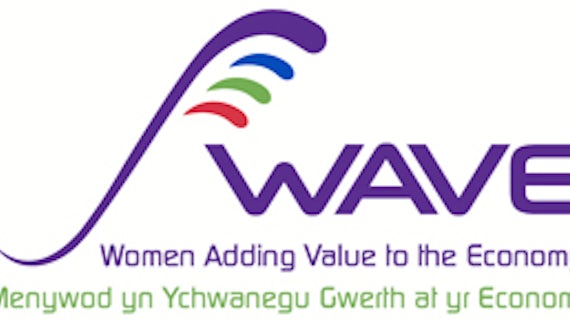Gender segregation in Wales
4 Mawrth 2014

A University study published today uncovers the full extent of gender segregated working that still exists in Wales.
The Working Patterns in Wales report led by Dr Alison Parken, School of Social Sciences, has uncovered that only a fifth of Welsh workers are in gender-balanced occupations.
It also highlights that four out of five workers in Wales are in gender-segregated roles.
Of the 353 identified occupations, 267 were found to be dominated by one sex or the other. The majority of the higher-paid roles were male dominated whilst a high proportion of the feminised occupations were characterised by low pay and part-time working.
One of the most prominent examples is of 'skilled trades'.
The report found that 91 per cent of jobs are held by men. Despite a total of 54 occupations under this heading, only seven were found to be 'gender balanced' and only three were female dominated, namely tailoring, dressmaking and floral arranging.
By contrast, women amount to just 1 per cent of skilled construction workers.
Author of the report, Dr Alison Parken, School of Social Sciences, said: "Even though we have had laws for over 40 years guaranteeing equal pay for the same work, we still have a gender pay disparity because men and women do very different work on very different contracts.
"This problem won't go away until we tackle the issue of gender segregation and remove the limits this places on the work women do."

Dr Parken's team have also prepared a new online 'Equal Pay Barometer,' which will allow employees and employers in Wales to compare pay rates across 300 different occupations. It is hoped that this will encourage women to consider working in better paying occupations or to seek improvements in their current conditions.
The Working Patterns in Wales report is part of the Women Adding Value to the Economy (WAVE) project, a University of South Wales led initiative with contributions from both Cardiff University and The Women's Workshop Project @ BAWSO Ltd.
WAVE aims to address workplace and labour market practices, with a particular focus on gender earning disparities.
Its release coincides with a gathering called by the WAVE partnership. Business people, academics, trade unionists and other key influencers will today (March 4th) convene in Swansea to take part in the 'National Conversation,' entitled 'Let's Talk about Pay.'
The aim is to expose the underlying causes of the gender pay gap and engage employers, employees and policymakers in discussions on how to bring about change in Wales' 'heavily-gendered' work patterns.